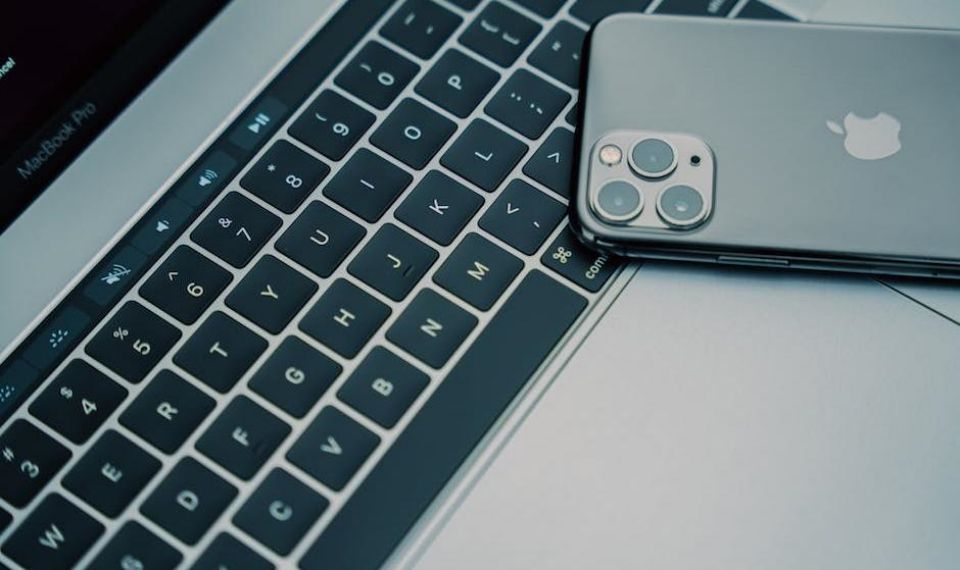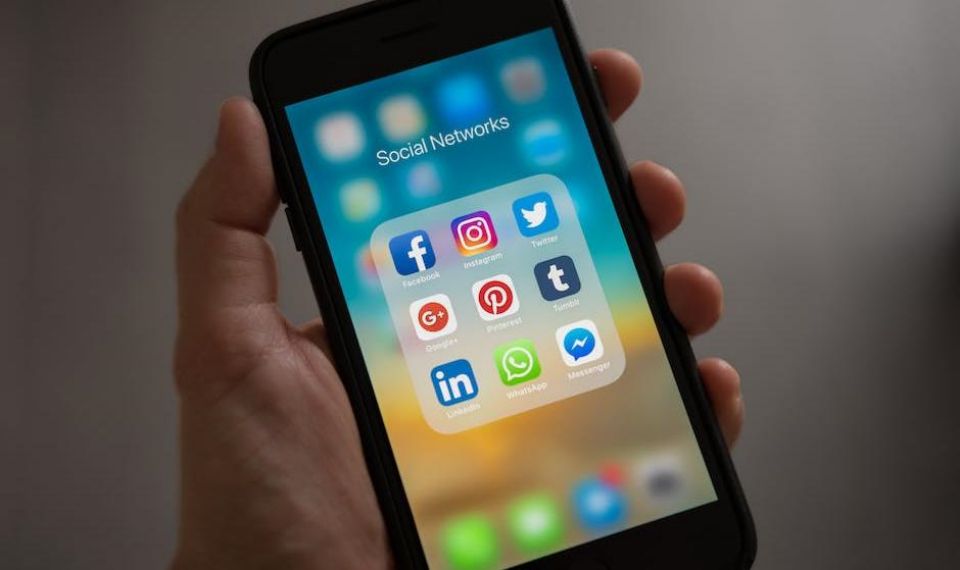
The first mobile phone was introduced to the world in the early 1980s. Bulky and expensive, it was seen as a luxury good, a status symbol reserved for the elite. Fast forward to today, and mobiles have not only become ubiquitous, but they have also morphed into an essential tool that has revolutionized various aspects of our lives.
In the realm of communication, mobiles have made us global citizens. The advent of mobile technology saw the death of distance. The traditional phone booths that once dotted our streets have been replaced by people walking, talking, and laughing into their personal devices. International calls, once the privilege of a few, have become commonplace with affordable and real-time international calling and messaging apps. The rise in visual communication, facilitated by the front camera on nearly every mobile device, has further closed the gap between people, allowing a grandmother in England to witness her grandchild’s first steps in Australia.
The impact of mobiles extends beyond communication and into the world of commerce. Mobile banking apps and platforms have democratized financial services. No longer does one have to wait in long queues at the bank. Transferring money, checking balances, and even applying for loans can now be done at the touch of a button. Moreover, digital wallets and contactless payment systems have simplified transactions, promoting a move towards a cashless society.
Mobiles have also revolutionized the way we travel. Gone are the days of paper maps and asking for directions. Mobile GPS and map applications guide us through unfamiliar territories, even suggesting the quickest routes and alerting us about traffic conditions. Ride-hailing apps have disrupted the taxi industry, providing users with prompt and convenient transportation options.
Additionally, mobiles have become a lifeline in emergency situations. With features like SOS and location tracking, individuals can summon help in dire circumstances. These functions have proved invaluable, especially in instances where making a traditional phone call may not be possible.
The way we consume information has also been transformed by mobile technology. News apps deliver breaking stories right to our fingertips, social media networks keep us connected with friends and events, and online courses provide learning opportunities beyond the traditional classroom setting.
While the impacts of mobile technology are manifold, it’s not without its challenges. Issues such as data security, privacy, and the impact on social behavior and mental health have been widely debated. As we continue to lean into the digital age, it’s essential to address these concerns while harnessing the potential of mobile technology.
In conclusion, it’s impossible to ignore the immense revolution that mobiles have brought to our lives. From communication to commerce, travel to safety, information access to social interaction, mobiles have reshaped the world as we knew it. As technology continues to evolve, one thing is certain: mobiles will continue to play an instrumental role in driving this revolution.









